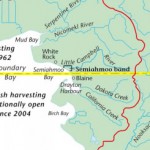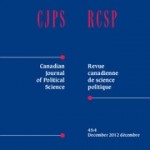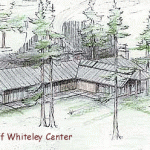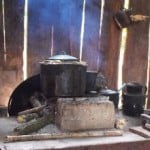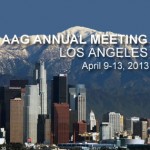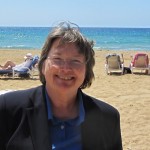
Associate Professor Mary Durfee (SS) gave an invited lecture to graduate students and faculty at the Mediterranean Academy of Diplomacy on May 16 at the University of Malta. The talk was on, “The Problem of US Power (and why the rise of China is good for America).”
From Tech Today.

